Environ 8 résultats pour « Septime Sévère »
-
Septime Sévère
Septime Sévère (Lucius Septimius Severus Pertinax) est un empereur romain d'origine africaine, qui règne de 193 à 211. Avec lui commence l'arrivée au pouvoir de provinciaux d'ascendance non romaine et la dynastie des Sévères dont il est l'éponyme. Il est le seul empereur né dans la province d'Afrique.
-
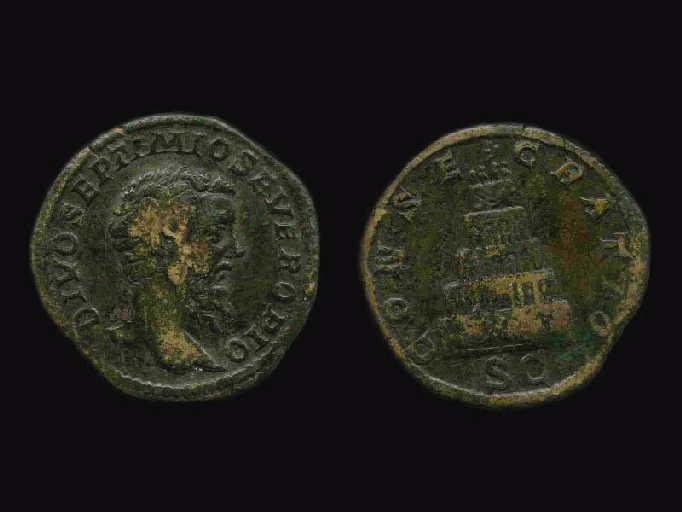
-
- Domaine(s) :
- Archéologie
- Gallo-romains
- Numismatique
-
- Désignation :
- sesterce
-
- Sujet représenté :
- Autel (religion)
- Flamme (combustion)
- Laurus nobilis
- Portrait
- Septime Sévère
- Tête humaine
-
- Datation :
- IIIe siècle
- Empire romain
-
-
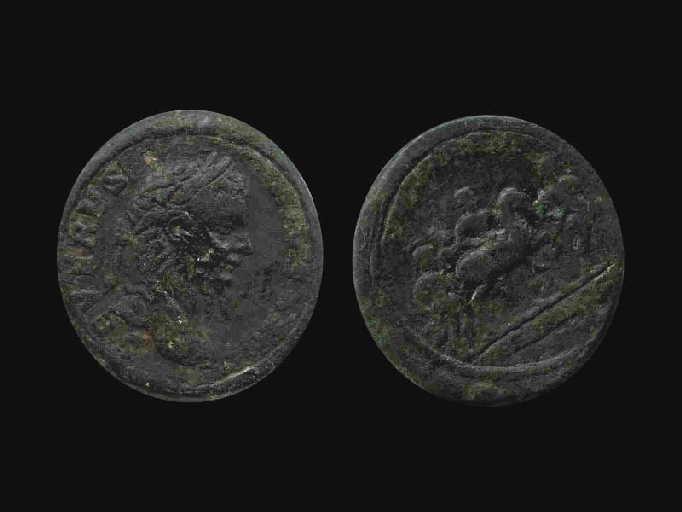
-
- Domaine(s) :
- Archéologie
- Gallo-romains
- Numismatique
-
- Désignation :
- as
-
- Datation :
- IIIe siècle
- Empire romain
-
-
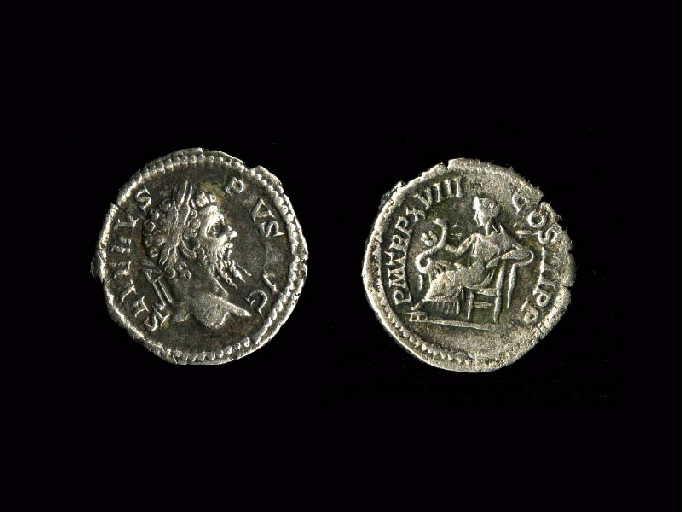
-
- Domaine(s) :
- Archéologie
- Gallo-romains
- Numismatique
-
- Désignation :
- denier
-
- Sujet représenté :
- Allégorie
- Laurus nobilis
- Maladie
- Portrait
- Santé
- Septime Sévère
-
- Datation :
- IIIe siècle
- Empire romain
-
-
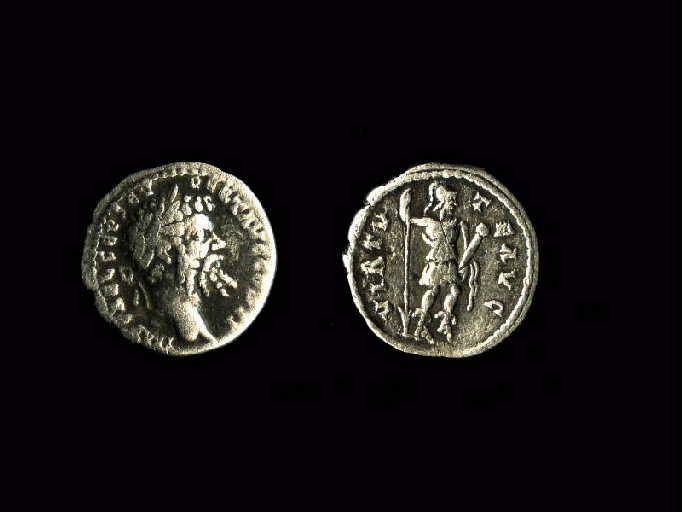
-
- Domaine(s) :
- Archéologie
- Gallo-romains
- Numismatique
-
- Désignation :
- denier
-
- Datation :
- IIe siècle
- Empire romain
-
-
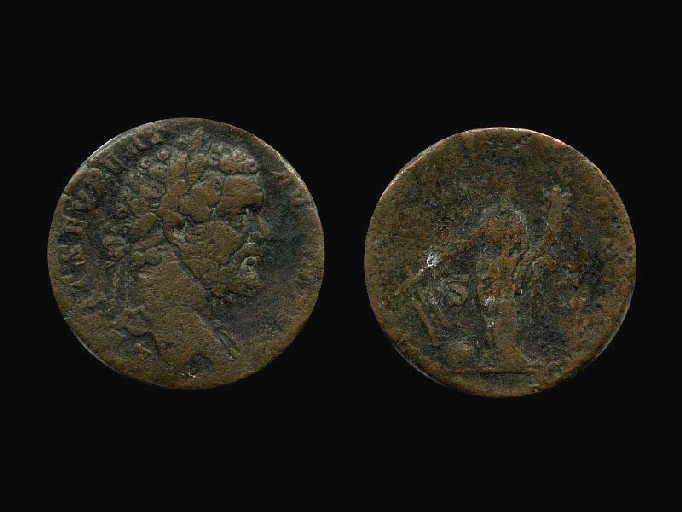
-
- Domaine(s) :
- Archéologie
- Gallo-romains
- Numismatique
-
- Désignation :
- sesterce
-
- Sujet représenté :
- Allégorie
- Corne d'abondance
- Fortuna (mythologie)
- Gouvernail
- Laurus nobilis
- Portrait
-
- Datation :
- IIe siècle
- Empire romain
-
-
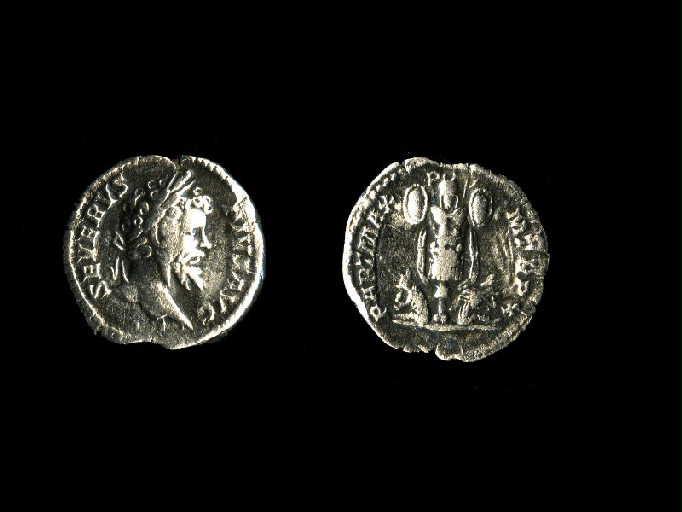
-
- Domaine(s) :
- Archéologie
- Gallo-romains
- Numismatique
-
- Désignation :
- denier
-
- Sujet représenté :
- Laurus nobilis
- Portrait
- Septime Sévère
- Trophée
- Tête humaine
-
- Datation :
- IIIe siècle
- Empire romain
-
-

-
- Artiste(s) :
- Pierre Didot
Planches de l'iconographie romaine (pl 47) : Empereurs, Cés…
-
- Domaine(s) :
- Archéologie
- Estampe
- Numismatique
- Rome antique
-
- Sujet représenté :
- Clodius Albinus
- Empereur romain
- Homme
- Monnaie
- Portrait
- Rome antique
-
- Datation :
- XIXe siècle
-

